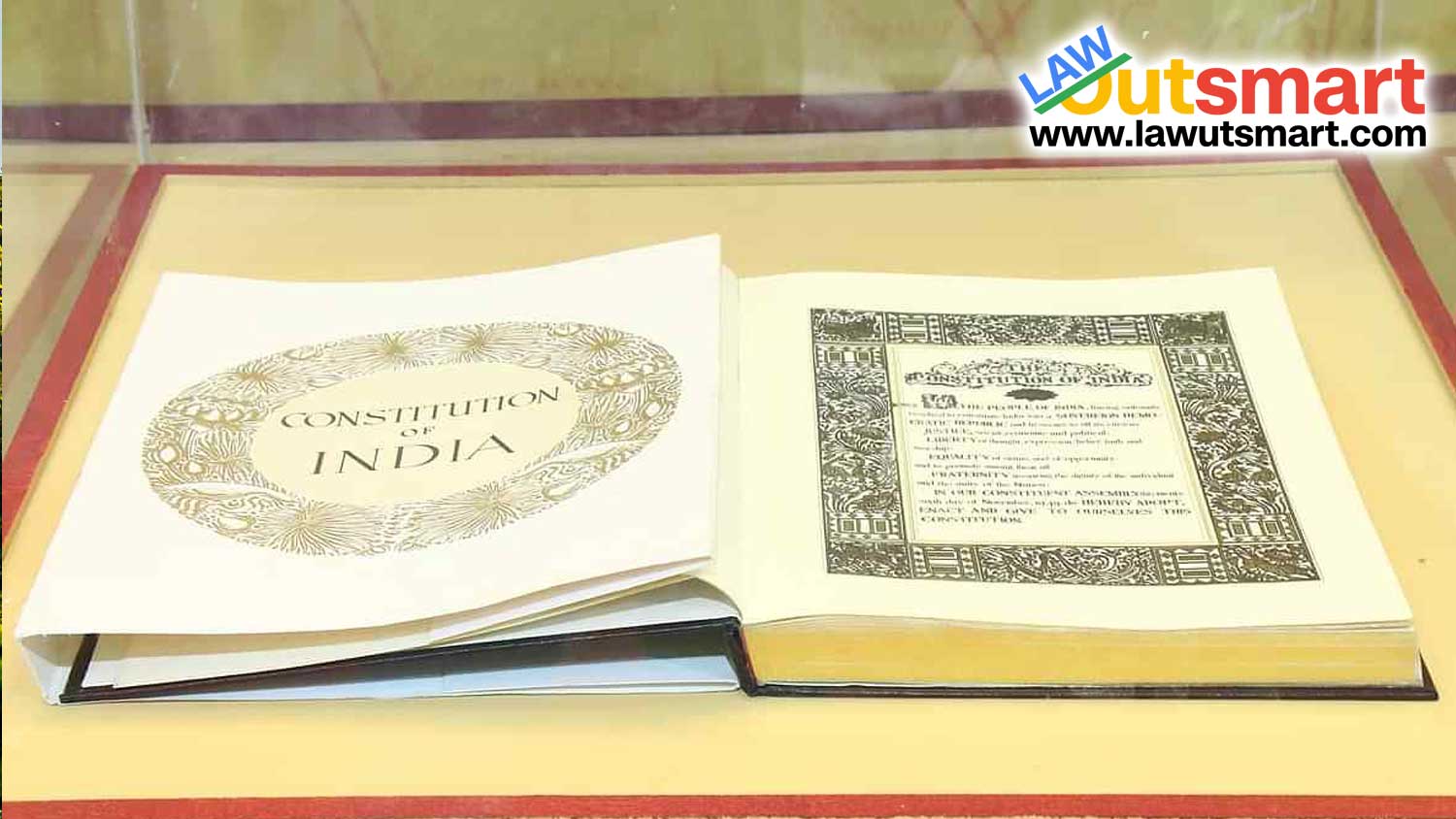Article 370 of the Indian Constitution has been a subject of significant debate, legal interpretation, and political maneuvering since its inclusion in 1950. This provision gave special autonomy to the state of Jammu and Kashmir, enabling it to have its own constitution, flag, and internal laws governing residency and property rights. However, a historic move by the Indian government on 05 August 2019, revoked the special status granted to the region, stirring nationwide and international debates. This article aims to delve into the history, intricacies, and implications of Article 370 and its abrogation.
Historical Context of Article 370
The princely state of Jammu and Kashmir acceded to India after the partition in 1947, despite sharing religious and cultural ties with Pakistan. This accession led to a war between India and Pakistan, culminating in a ceasefire and the involvement of the United Nations. The Indian government, led by Prime Minister Jawaharlal Nehru, agreed to give special status to Jammu and Kashmir, marking the birth of Article 370.
Features of Article 370
Autonomy and Special Rights
The most distinctive aspect of Article 370 was the significant autonomy it provided to Jammu and Kashmir. The state had its constitution, flag, and laws regarding property and residence.
Temporary Provision
Article 370 was initially intended to be a ‘temporary provision,’ subject to modification or revocation by a Presidential Order. This was different from other special provisions granted to various states under the Indian Constitution.
Legislative Limitations
The Parliament of India could legislate on only a limited set of matters, listed in the Union List and the Concurrent List, and only after the state government’s concurrence.
Revocation of Article 370
Preceding Events
In the run-up to the 2019 Indian general elections, the abrogation of Article 370 became a prominent part of the ruling Bhartiya Janta Party’s agenda. Following their victory, steps were taken to actualize this commitment.
Legal and Constitutional Steps
On 05 August 2019, the Indian government, led by Prime Minister Narendra Modi, announced the revocation of Article 370. The President of India issued a Presidential Order, rendering all the clauses of Article 370 inoperative.
Consequences
Political Repercussions
The move polarized opinions both within India and internationally. Some lauded the action as a long-overdue step to integrate Jammu and Kashmir fully into India, while others condemned it as unconstitutional and a violation of human rights.
Regional Impact
The revocation strained India-Pakistan relations, given that both countries lay claim to the region. Pakistan downgraded diplomatic ties and suspended trade relations with India.
Socio-Economic Impacts
The revocation aimed to open up the region for development, but it also led to concerns about demographic changes and loss of cultural identity among the local populace.
Legal Controversies and Challenges
Post-revocation, several petitions have been filed in the Indian Supreme Court challenging the constitutional validity of the move. Moreover, international bodies have also expressed concerns over the unilateral decision without consulting the people of Jammu and Kashmir.
Conclusion
Article 370 has been a contentious provision since its inception, wrapped in layers of historical, legal, and political complexities. Its revocation has triggered a multitude of responses, reflecting the divisive nature of the issue. While the implications of this monumental change are yet to be fully realized, the discussion around Article 370 and its revocation continues to captivate the attention of lawmakers, scholars, and citizens alike.
As India navigates the path towards greater integration, it is crucial to address the underlying issues of representation, development, and national security responsibly. Only time will tell how the abrogation of Article 370 will ultimately shape the destinies of Jammu and Kashmir, and of India as a whole.

